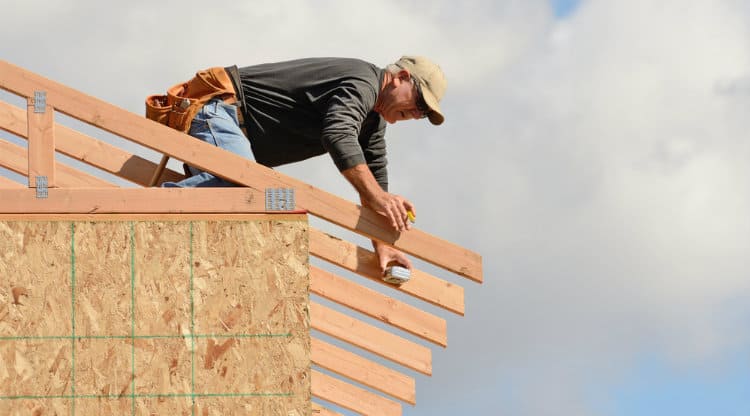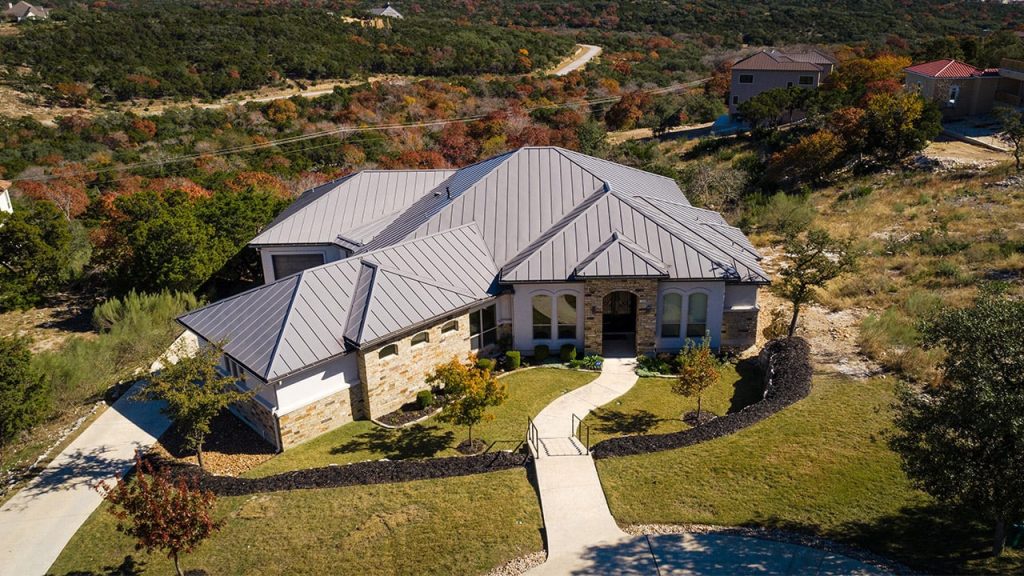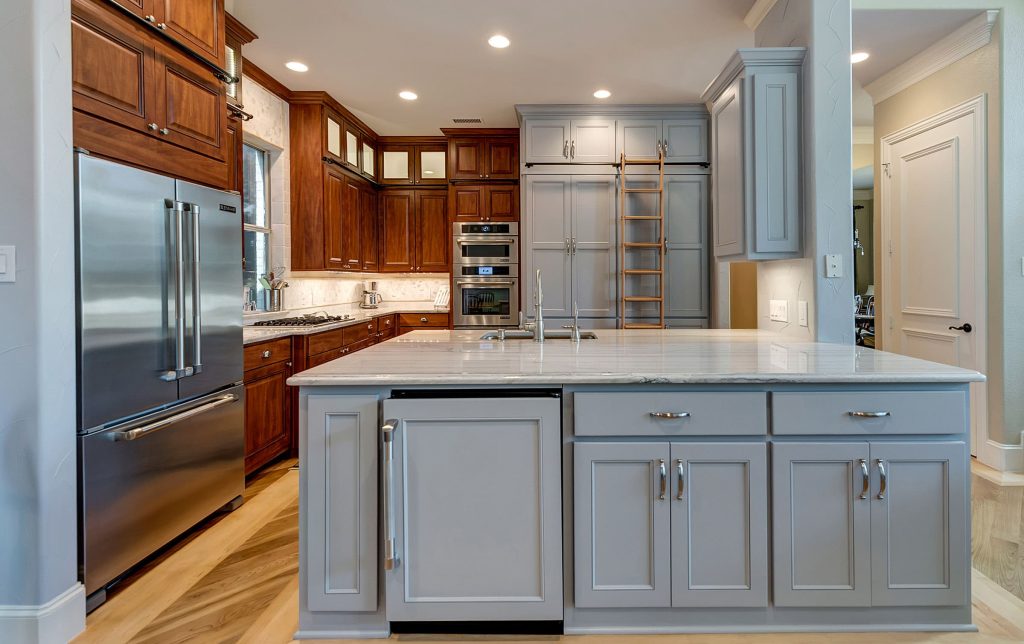Home improvement is a thriving industry, with homeowners constantly looking to upgrade and renovate their spaces. To succeed in this competitive field, home improvement marketing specialists play a pivotal role. They are responsible for helping home improvement businesses reach their target audience, stand out in the market, and ultimately boost their sales. In this blueprint for success, we will outline the key strategies and best practices for home improvement marketing specialists. Before diving into marketing strategies, it is essential to have a deep understanding of the home improvement market. Home improvement covers a broad spectrum of services, from kitchen and bathroom renovations to landscaping and roofing. To effectively market home improvement businesses, specialists must:
Identify the target audience – Knowing the demographics, interests, and pain points of potential customers is crucial. Different segments of the market may require different marketing approaches.
Understand the competition – Analyzing competitors can help in identifying gaps in the market and crafting unique selling propositions USPs.
Stay updated on industry trends – Home improvement marketing specialists should be aware of the latest trends, materials, and technologies in the industry to position their clients as forward-thinking businesses.
Crafting a Marketing Strategy
Once you have gained a clear understanding of the market, it is time to develop a marketing strategy:
Online Presence – In today’s digital age, a strong online presence is crucial. Create and optimize a professional website for the home improvement business. Incorporate high-quality images, client testimonials, and contact information.
Search Engine Optimization SEO – Ensure the website is optimized for search engines. Implement relevant keywords, meta tags, and high-quality content to improve visibility on search engine results pages SERPs.
Content Marketing – Regularly publish blog posts, articles, and videos that showcase expertise in home improvement. This not only engages the audience but also helps in SEO.
Social Media Marketing – Utilize social media platforms such as Facebook, Instagram, and Pinterest to showcase before-and-after project photos, client testimonials, and industry insights. Engage with the audience through comments and messages.
Pay-Per-Click PPC Advertising – Use platforms like Google Ads to run targeted ads. These ads can appear at the top of search results, ensuring visibility to potential clients.
Email Marketing – Build and maintain an email list to send newsletters, promotions, and updates to interested parties.
Local SEO – Optimize the website for local searches. Encourage clients to leave reviews on platforms like Google My Business.
Networking and Partnerships – Collaborate with local real estate agents, interior designers, and architects to expand your reach.
Customer Relationship Management CRM – Implement a CRM system to track leads, follow up with potential clients, and maintain positive relationships with past customers.
Analyze and Adapt – Continuously monitor the effectiveness of marketing efforts. Use analytics tools to assess website traffic, conversion rates, and ROI on marketing campaigns. Adjust strategies accordingly and look here now https://www.funnelboostmedia.net/home-improvement-marketing/.
In the home improvement industry, marketing specialists are the key to connecting homeowners with businesses that can transform their living spaces. Success in this field requires a comprehensive marketing strategy that includes a strong online presence, SEO, content marketing, and an understanding of the target audience. Building trust and credibility are equally important in this personal and investment-heavy sector.

 Preventing Water Damage: One of the primary purposes of a gutter system is to divert rainwater away from your home’s foundation. When gutters become clogged or damaged, water can pool around your foundation, causing cracks, erosion, and even basement flooding. Gutter repair services ensure that water is channeled away from your home, preventing these costly water-related damages.
Preventing Water Damage: One of the primary purposes of a gutter system is to divert rainwater away from your home’s foundation. When gutters become clogged or damaged, water can pool around your foundation, causing cracks, erosion, and even basement flooding. Gutter repair services ensure that water is channeled away from your home, preventing these costly water-related damages.
 This kind of shingles is enduring, sturdy, impervious to fire, termites and some might be impervious to form and buildup which could forever demolish your roof. Steel shingles give sturdiness and life span that black-top shingles cannot come close. Metal or steel roofing is an extraordinary decision for those homes in blanketed places. Snow will simply sneak off the steel roofing and is sufficiently extreme to convey its weight with no stresses over the roof crashing in on you. These are simply two choices introduced to you. There is something else to browse yet no matter what the style and material you pick, generally speaking, roofing ought to be appropriately introduced and very much kept up with. It could endure forever assuming property holders clean the roof consistently and dispose of form that develops on it. A very much fabricated home has a decent roof over our heads.
This kind of shingles is enduring, sturdy, impervious to fire, termites and some might be impervious to form and buildup which could forever demolish your roof. Steel shingles give sturdiness and life span that black-top shingles cannot come close. Metal or steel roofing is an extraordinary decision for those homes in blanketed places. Snow will simply sneak off the steel roofing and is sufficiently extreme to convey its weight with no stresses over the roof crashing in on you. These are simply two choices introduced to you. There is something else to browse yet no matter what the style and material you pick, generally speaking, roofing ought to be appropriately introduced and very much kept up with. It could endure forever assuming property holders clean the roof consistently and dispose of form that develops on it. A very much fabricated home has a decent roof over our heads. To give a basic degree over to the home, roofing replacement is to be done by experts figuratively speaking. Roof film and extraordinary quality saps are used in roofing replacements to ensure that the roof of the house will be guaranteed for a seriously significant time-frame. There are a lot of roof replacements associations out there who can assist you with making your rooftop overall around extraordinary. The organizations they give consolidate clearing it off plant life, green development, and structure, trash and bird droppings. Thusly the material used in the replacement and the concealing arrangement got expects a fundamental part in making the hankering look and style of the home. In case of pottery tiles roofing, there is a portrayed strategy to coordinate the task of replacement. It incorporates the means like
To give a basic degree over to the home, roofing replacement is to be done by experts figuratively speaking. Roof film and extraordinary quality saps are used in roofing replacements to ensure that the roof of the house will be guaranteed for a seriously significant time-frame. There are a lot of roof replacements associations out there who can assist you with making your rooftop overall around extraordinary. The organizations they give consolidate clearing it off plant life, green development, and structure, trash and bird droppings. Thusly the material used in the replacement and the concealing arrangement got expects a fundamental part in making the hankering look and style of the home. In case of pottery tiles roofing, there is a portrayed strategy to coordinate the task of replacement. It incorporates the means like Since it shut out daylight, a window tint film safeguards the inside of your vehicle by diminishing how much bright light that enters. This draws out the inside’s life essentially accordingly setting aside cash for you. Also, decreasing how much intensity implies that your vehicle’s forced air system does not need to endeavor to cool you vehicle’s inside. Tinting can likewise impede your vehicles inside from outside view, like a protection tint film for your home. Perceivability relies heavily on how dim is the tint. This thusly safeguards inhabitants and significant individual effects inside the vehicle. This is smart to consider since it gives a feeling of safety and wellbeing. Remember however that there are a few regions that confine the utilization of window tints. Make certain to really look at nearby guidelines and city statutes prior to having the technique done.
Since it shut out daylight, a window tint film safeguards the inside of your vehicle by diminishing how much bright light that enters. This draws out the inside’s life essentially accordingly setting aside cash for you. Also, decreasing how much intensity implies that your vehicle’s forced air system does not need to endeavor to cool you vehicle’s inside. Tinting can likewise impede your vehicles inside from outside view, like a protection tint film for your home. Perceivability relies heavily on how dim is the tint. This thusly safeguards inhabitants and significant individual effects inside the vehicle. This is smart to consider since it gives a feeling of safety and wellbeing. Remember however that there are a few regions that confine the utilization of window tints. Make certain to really look at nearby guidelines and city statutes prior to having the technique done. Many individuals, including the people who think they know, do not actually have the foggiest idea when now is the right time to remodel their kitchen. They think the remodeling is something that ought to possibly be done specific times or when they have the cash. Yet, the truth of the matter is that the remodeling should be done when you have cash as well as in the event that specific things fall set up. This article sees 5 signs which ought to persuade you that you want to remodel your kitchen, regardless of whether you have the cash to do as such. In the event that you do not have the cash you can settle on reasonable kitchen remodeling.
Many individuals, including the people who think they know, do not actually have the foggiest idea when now is the right time to remodel their kitchen. They think the remodeling is something that ought to possibly be done specific times or when they have the cash. Yet, the truth of the matter is that the remodeling should be done when you have cash as well as in the event that specific things fall set up. This article sees 5 signs which ought to persuade you that you want to remodel your kitchen, regardless of whether you have the cash to do as such. In the event that you do not have the cash you can settle on reasonable kitchen remodeling.